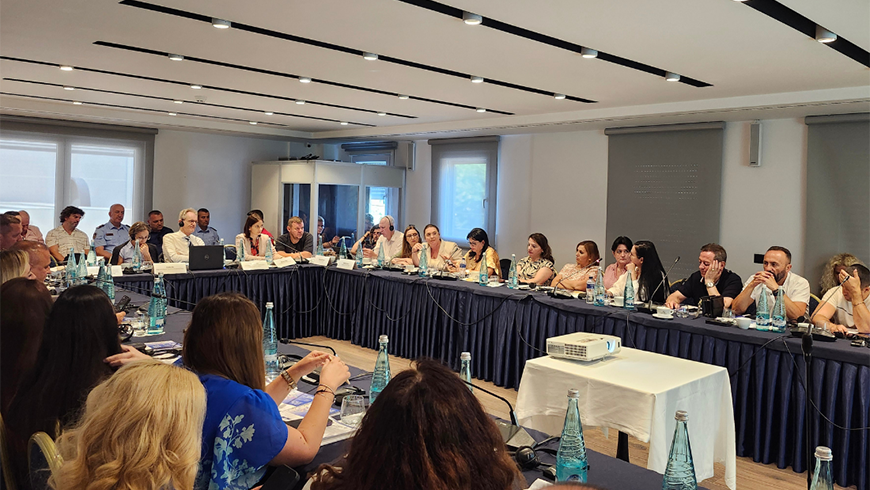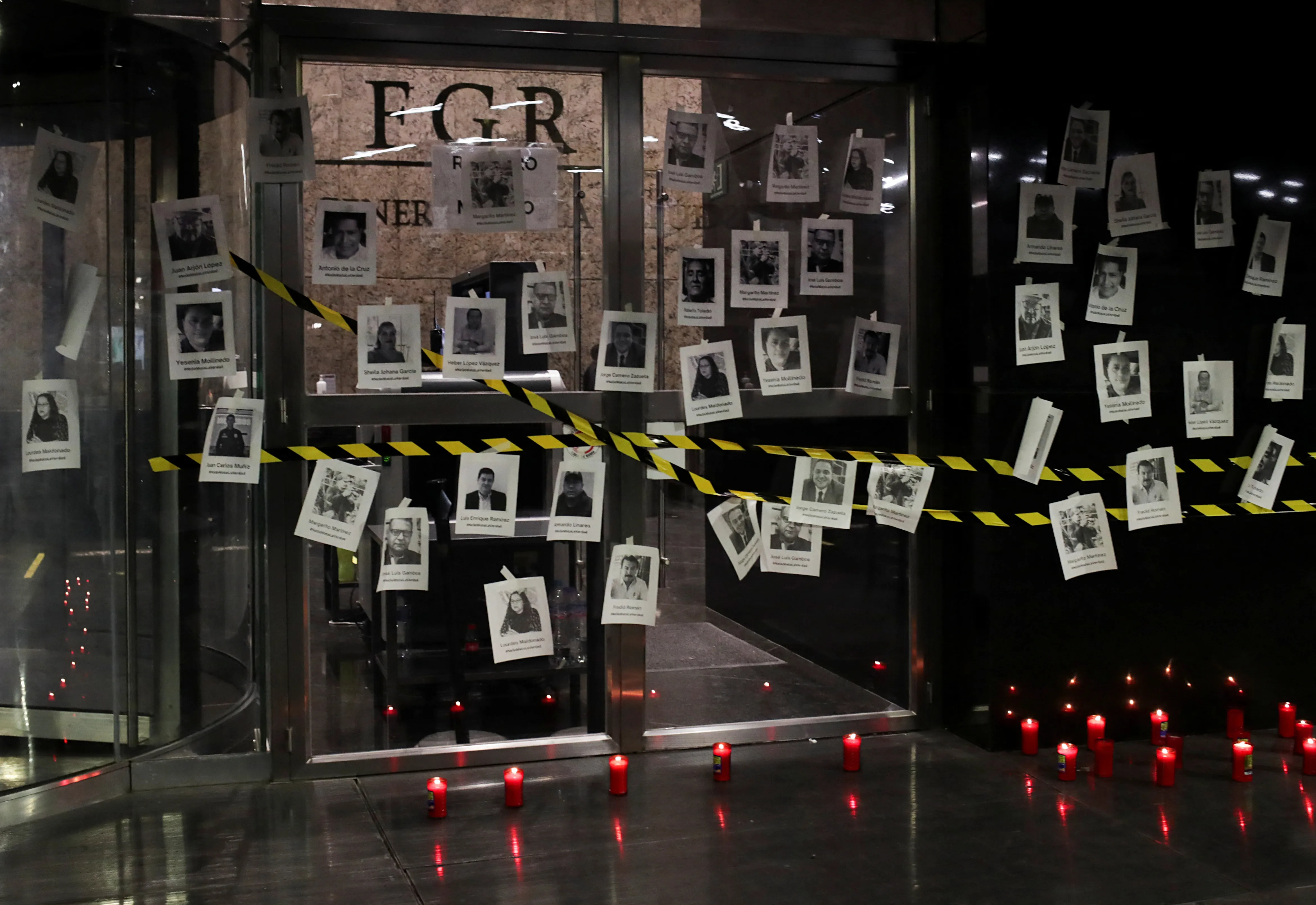
Strengthening Police Role to Safeguard Journalists in Albania
June 25, 2025
Wales Media Awards 2025 Announced by Journalists’ Charity
July 18, 2025Italy has designated May 3, World Press Freedom Day, as its official National Day in Memory of Journalists Killed in the Line of Duty, underscoring a commitment to upholding press freedom in a polarized media environment. The initiative, endorsed by Prime Minister Giorgia Meloni, aims to honor journalists who have made the ultimate sacrifice while underlining the public’s right to independent reporting.
Meloni’s commemoration emphasized both historical and contemporary challenges faced by Italian journalists, from the tragic murders of foreign correspondents like Ilaria Alpi and Maria Grazia Cutuli to the ongoing risk of intimidation and legal pressure targeting domestic media figures. She paid tribute to journalists like Peppino Impastato and Aldo Moro, though not strictly journalists, as symbols of dissenting voices silenced by extremist forces in the past.
However, the declaration comes amid growing alarm from press freedom advocates over Italy’s deteriorating media climate under Meloni’s government. Journalists have staged strikes at the state broadcaster RAI, protesting what they describe as escalating editorial interference by political appointees aligned with Meloni. The broadcaster’s senior leadership has been repeatedly replaced by government allies, fueling fears of it turning into a political mouthpiece, earning the nickname “Tele‑Meloni.”
Reporters Without Borders downgraded Italy five places in its 2024 World Press Freedom Index, to 46th, citing increased defamation lawsuits, censorship, media concentration, and prosecutions of journalists under Meloni’s administration. Strategic lawsuits against public participation (SLAPPs) and criminal defamation remain tools used to pressure investigative reporting, leading to self-censorship across Italy’s media landscape.
Critics argue that establishing May 3 as a commemorative day rings hollow if substantive reforms to protect press freedom aren’t enacted. They warn that symbolic gestures are overshadowed by active government practices targeting independent media via legal threats, censorship, and ownership consolidation. Journalist unions and international media watchdogs have called on the European Commission to launch formal investigations into Italy under new EU media freedom legislation, citing patterns of intimidation and interference over the past two years.
Reference –

